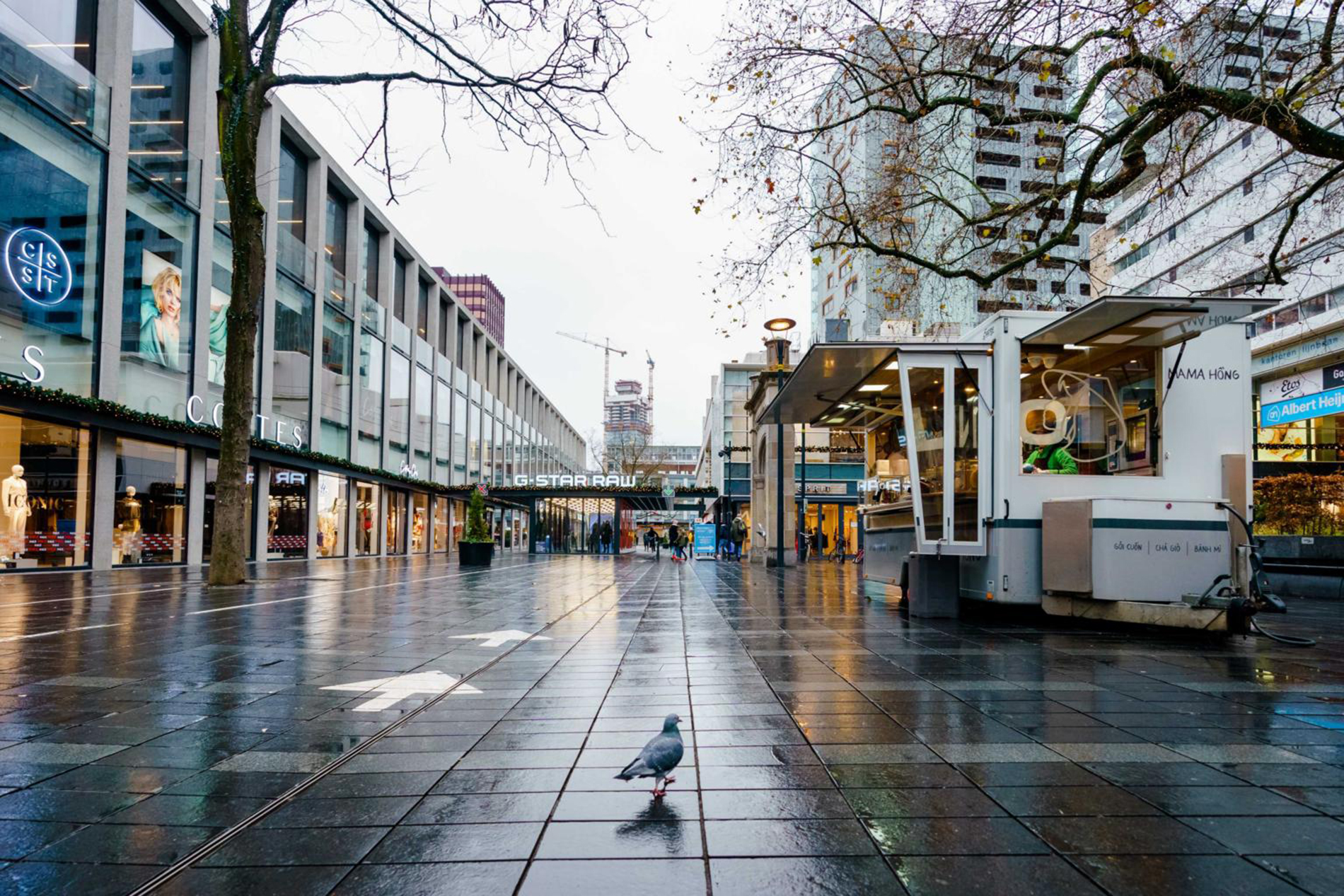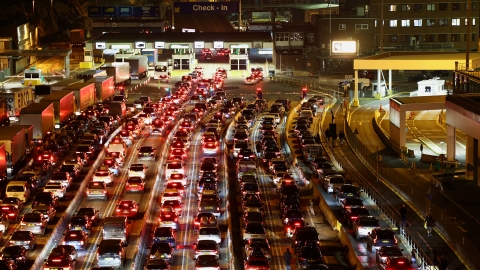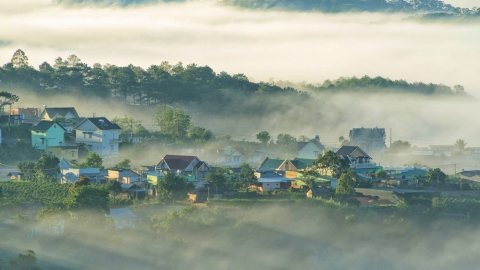The Netherlands "closes its borders," Germany and Italy restrict travel with quarantine requirements.
The first in a series of tightened travel restrictions for Christmas was the ban imposed by France, followed by Germany, on British tourists starting last weekend. The ban led to severe traffic congestion at the UK-France border crossings on the night of December 17th, as thousands of British tourists tried to push ahead with their Christmas plans in France before the ban took effect. Those Britons who had already planned trips to Germany rushed even more in hopes of avoiding the mandatory 14-day quarantine upon arrival, which came into effect after midnight on December 19th.
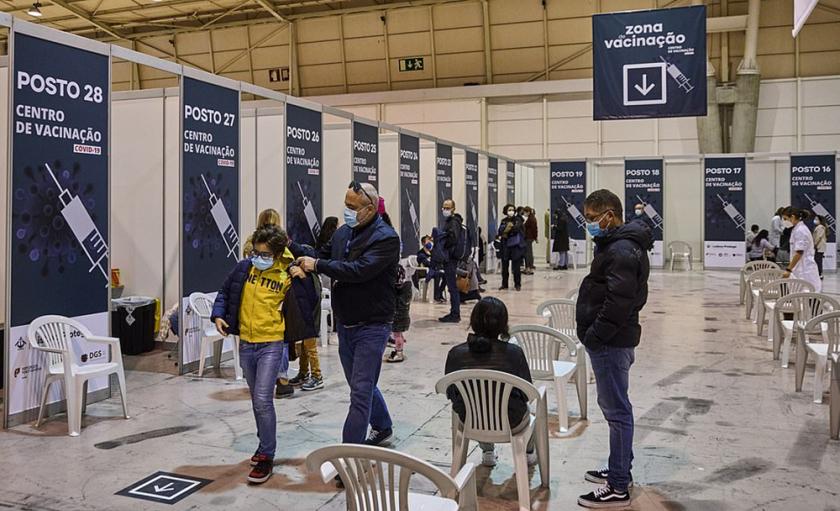
Many people flocked to the Feira Internacional de Lisboa vaccination center in Lisbon, Portugal, to receive vaccinations on December 18.
Germany also considers both France and Denmark to be "high risk," requiring those arriving from these two countries, whether unvaccinated or even recovered from Covid-19, to quarantine for 10 days. Dozens of other countries, including almost all of Germany's direct neighbors, are also classified as "high risk."
France:With approximately 76.8% of residents fully vaccinated, the French health authorities approved and began implementing a vaccination plan for children aged 5 to 11 last week. The Paris Mayor's office announced on December 18th the cancellation of the New Year's Eve fireworks display and concert on the Champs Elysees – one of the world's most famous tourist destinations…
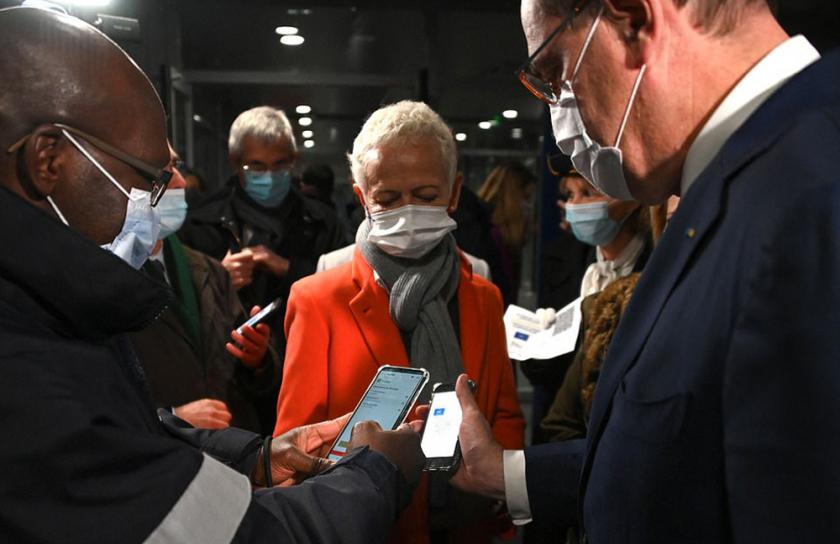
French Prime Minister Jean Castex presented his Health Card when he visited Nouvel Hopital Civil – one of France's oldest medical facilities – in Strasbourg on December 10.
IDEAWhile Italy continues to welcome and allow free travel for tourists from vaccinated European Union (EU) countries, it requires them to have a negative test result within 24 hours of arrival. Unvaccinated tourists must quarantine for five days upon arrival in Italy, as part of measures to prevent the spread of Omicron.
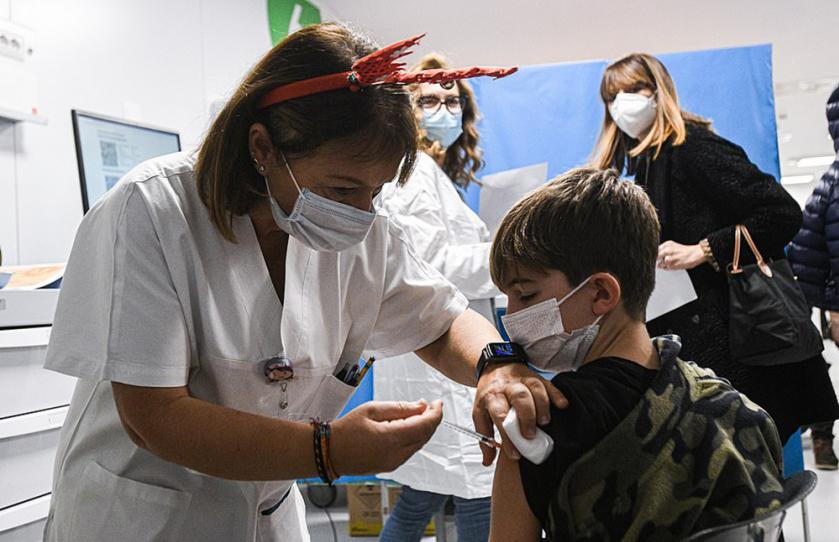
Italy recorded 84 new Omicron infections, bringing the total number of reported Covid-19 cases to 7,576 on December 19 – the highest level since March.
Netherlands:Although the Omicron variant remains a minor competitor to the Delta variant in the country, Dutch authorities note that Omicron is spreading twice as fast in the Netherlands as Delta did in the summer of 2020. Therefore, the Netherlands reimposed a nationwide lockdown starting December 19th. Under this order, restaurants and non-essential services such as hotels, cinemas, gyms, and museums must close; food is only available for takeout.
THE OMICRON THREAT WITH ITS "LIGHTNING-FAST" SPREADING RATE
BelgiumAs a neighbor of the Netherlands, Belgium is currently recording around 10,000 new Covid-19 cases per day, with the Omicron variant increasing from 6% on December 16th to nearly 10% of new Covid-19 infections on December 17th. Despite some public protests against renewed lockdowns, reports indicate the Belgian government plans to consider implementing new measures from December 22nd, which is expected to be a major disappointment for tourists hoping to escape the Dutch lockdown and do some last-minute Christmas shopping in Belgium.
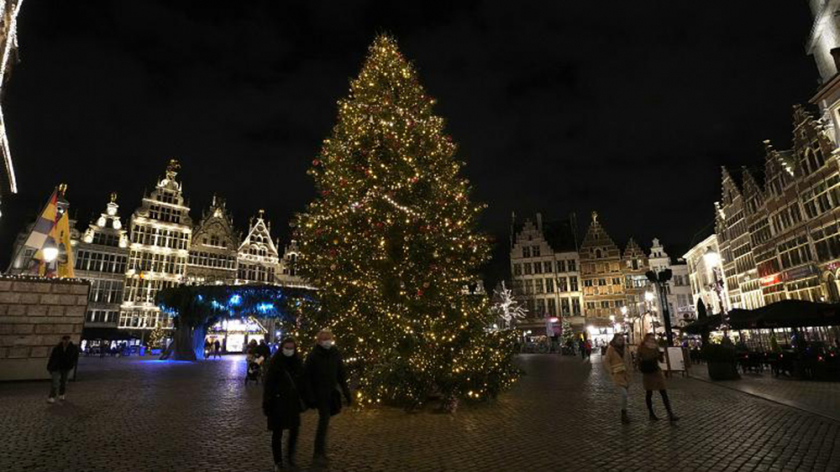
A scene of emptiness in the historic center of Antwerp, Belgium, on the evening of December 20th.
Older brotherThe UK is currently considered the world's Omicron "epicenter," with over 12,000 new infections reported on December 19th. Health experts are predicting an even bleaker future, with the possibility of hundreds of thousands of new Omicron infections, and have called for stricter measures to "save" the healthcare system, which is overwhelmed with over 3,000 new hospitalizations daily.
But the British government is still reluctant to impose restrictions ahead of the year-end holidays. Although London Mayor Sadiq Khan announced the cancellation of traditional New Year's Eve celebrations in London on December 20th, according to the Times of London, the government is planning to ban indoor gatherings for two weeks after Christmas.
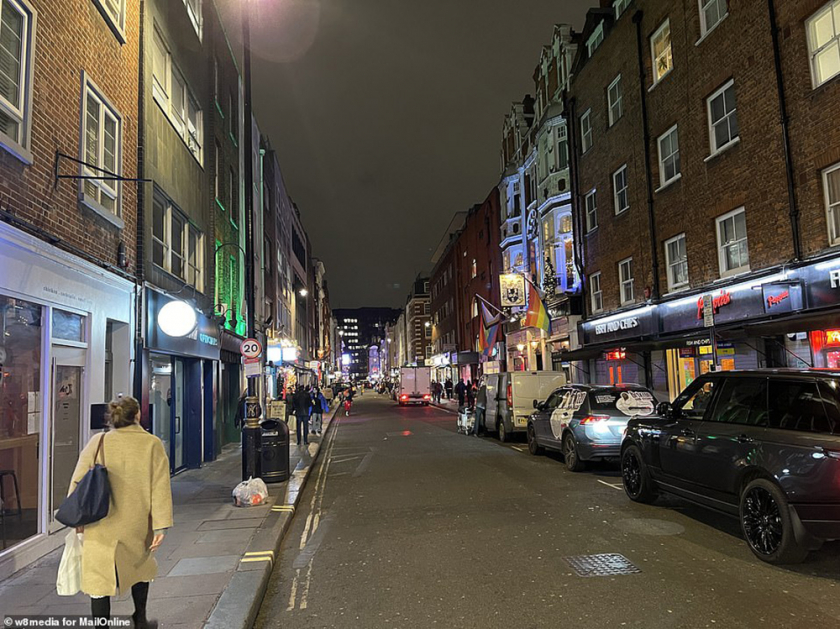
The bar-filled Soho area of Westminster, on the western edge of London, has seen relatively few Britons flocking to enjoy Christmas drinks this holiday season.
IrelandThe country is grappling with the Omicron variant becoming the most prevalent, with an estimated 52% of new infections reported over the weekend. “It took less than two weeks for Omicron to become the dominant Covid-19 strain in Ireland,” said Chief Health Officer Tony Holohan.
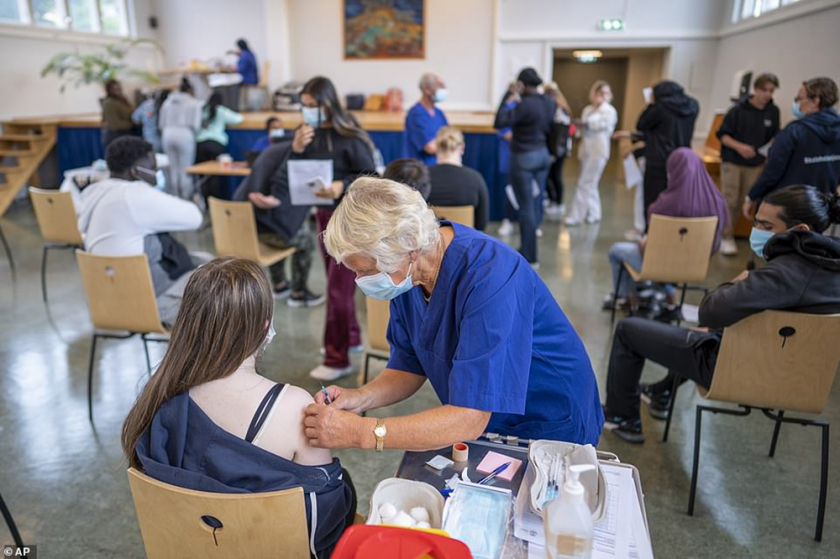
The number of new Covid-19 cases in Norway has increased from nearly 500 in early October to over 4,000 in early December, peaking at over 6,000 cases on December 6th. The photo shows vaccinations for students at a high school in the capital Oslo.
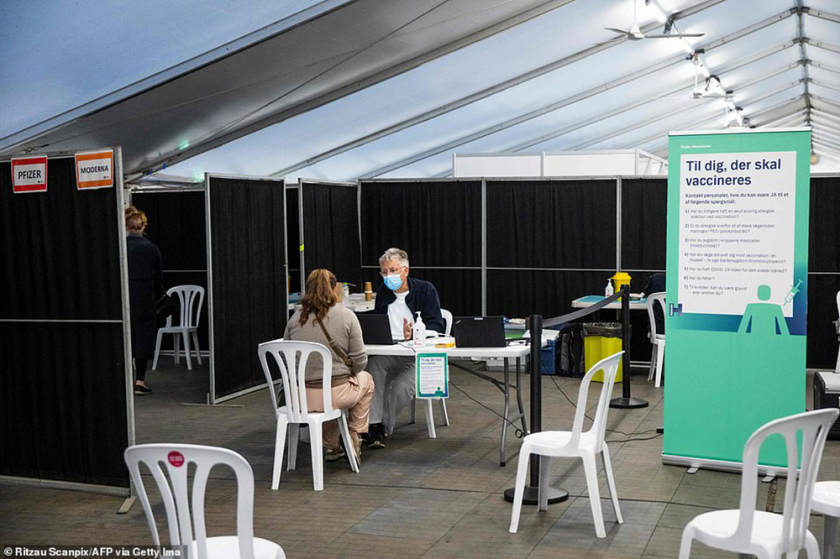
Denmark has recorded an average of 8,600 new Covid-19 cases over the past week. Epidemiologists predict January 2022 will be the most difficult month yet, as the country recorded over 2,500 Omicron infections in a single day last weekend.
Other countries have also been implementing stricter measures against the Omicron threat, including: Austria, Portugal, Poland, Bulgaria, Czech Republic, Cyprus, Greece, Latvia, Norway, Russia, Romania, Slovakia, Sweden, Switzerland, and Ukraine.

 VI
VI EN
EN



